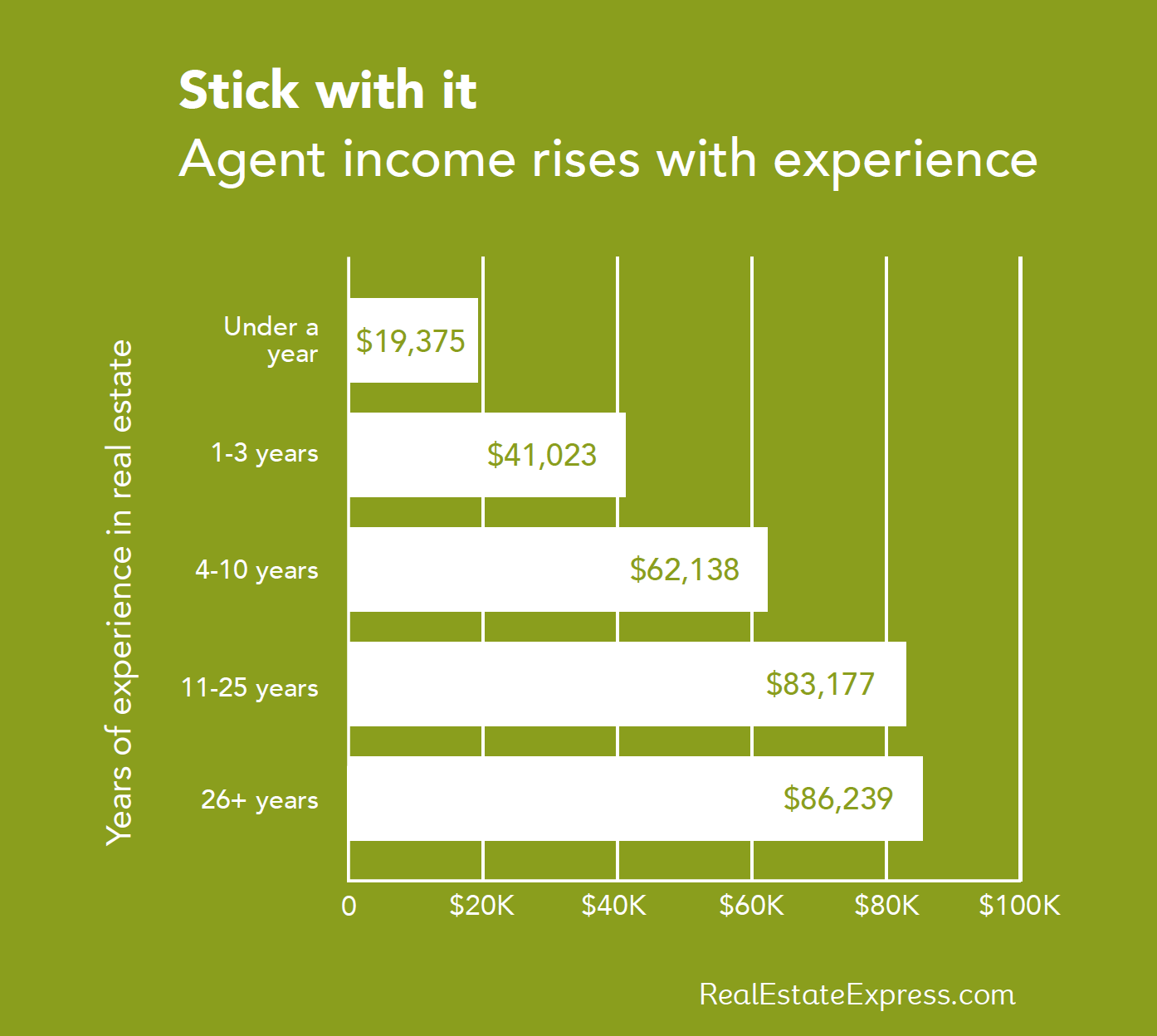Precisely who pays a real estate agent's commission is where things get a little tricky. Standard practice is that the seller pays the fee. However, the seller
Is 6% normal for realtor?
What percentage do most realtors charge?
What percent commission do most real estate agents charge? The traditional standard commission is 6 percent of a home's purchase price, which is split evenly (3 percent each) between the buyer's agent and the seller's agent.
Why do realtors overpriced homes?
Overpriced real estate listings enable agents to find new buyers who might be potential clients. There are different ways in which agents can find buyers: Sign calls: If a buyer wants to find out the price of a home, typically, they will call the agent's cell phone number and ask.
What is commission on a 500 000 house?
Real estate agent commissions are usually the largest cost associated with selling a home. Nationally, home sellers pay an average total commission rate of 5–6%, with the total split between the seller's agent and the buyer's agent. On a $500,000 home, that's about $27,450 in realtor commissions.
Can you negotiate estate agent fees?
Can you negotiate on estate agent fees? The very short answer to this is, yes. In fact, you absolutely should negotiate. We negotiate with agents on a daily basis, so we know most agents are willing to negotiate their fee to some extent – and may often quote slightly higher in the expectation that they'll need to.
Real estate sales agent, the people who would earn a commision from finding a buyer for the house.
— F3ND1MUS (@F3ND1MUS) September 17, 2023
No agent means hes selling the home representing himself to not pay the extra 3 to 6 percent commision, save 3 6 9 thousand dollars or more.
Seek legal counsel if there are…
Who usually pays the broker commission quizlet?
For the sake of the test, who pays the commission to the agent/broker? The seller. But in reality, the seller always pays it to the listing broker, who in turn pays it to the agent.
Frequently Asked Questions
What is the difference between a brokerage fee and a commission?
Typically, a commission is only for trading and the fee covers administrative tasks before and after the trade, order routing and trade settlement. The fee can be variable or fixed, while a brokerage fee can be for trading or non-trading purposes and may be fixed or variable.
What is it called when one brokerage represents both the buyer and seller?
What percentage do most realtors charge Illinois?
5-6%
In Illinois, Realtors most commonly charge a total commission of 5-6% of the home's final sale price, typically split between the listing broker (2.5-3%) and buyer's broker (2.5-3%).
FAQ
- Do buyers pay realtor fees in NY?
The Seller Usually Pays Realtor Fees In New York
In New York, like every other U.S. real estate market, the homeowner/seller pays the realtor fees out of the proceeds from the sale of the property. This means that they are paying for their agent as well as the agent of the Buyer.
- Do buyers pay closing costs in PA?
- Both the buyer and the seller have to pay some closing costs on the sale of land in Pennsylvania. Seller closing costs on land sale in Pennsylvania include attorney fees, deed preparation fees, HOA fees, pro-rated property tax, real estate agent commission, recording fees, transfer taxes, etc.
Why do we still pay 6 percent on real estate sales
| What happens if seller doesn't pay commission? | If the seller of a home refuses to pay the real estate broker their earned commission, the real estate broker can take the seller to court and sue them for what they are owed. |
| Is a buyer usually pays a real estate agent a commission True or false? | The Bottom Line Though it's the seller who is usually on the hook for the commission, the cost is generally factored into the listing price of the home. In this way, the buyer ultimately bears the cost of any real estate fees. Keep in mind that commissions are always negotiable. |
- What should the broker do if the seller at closing refuses to pay the broker?
The seller at closing refuses to pay the broker. What should the broker do? Close the transaction, then sue for the commission. The broker is not allowed to delay the transfer of the property.
- Why a broker is better than an agent?
The main difference between an agent and broker is the number of responsibilities they're able to take on. A broker can do everything an agent can do, but they have the added responsibility of making sure all real estate transactions are lawful, all paperwork is accurately completed and all finances are accounted for.

